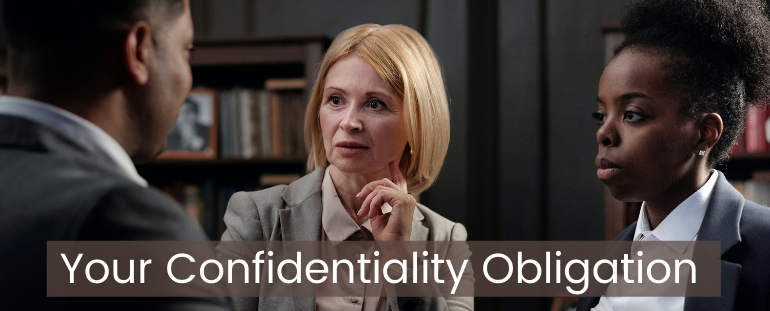The Criticism Surrounding ABA Amended Model Rule 8.4
Sparking intense controversy, in 2016 the American Bar Association (“ABA”) amended Model Rule 8.4 to add paragraph (g), making it professional misconduct to “engage in conduct that the lawyer knows or reasonably should know is harassment or discrimination on the basis of race, sex, religion, national origin, ethnicity, disability, age, sexual orientation, gender identity, marital status or socioeconomic status in conduct related to the practice of law.”




